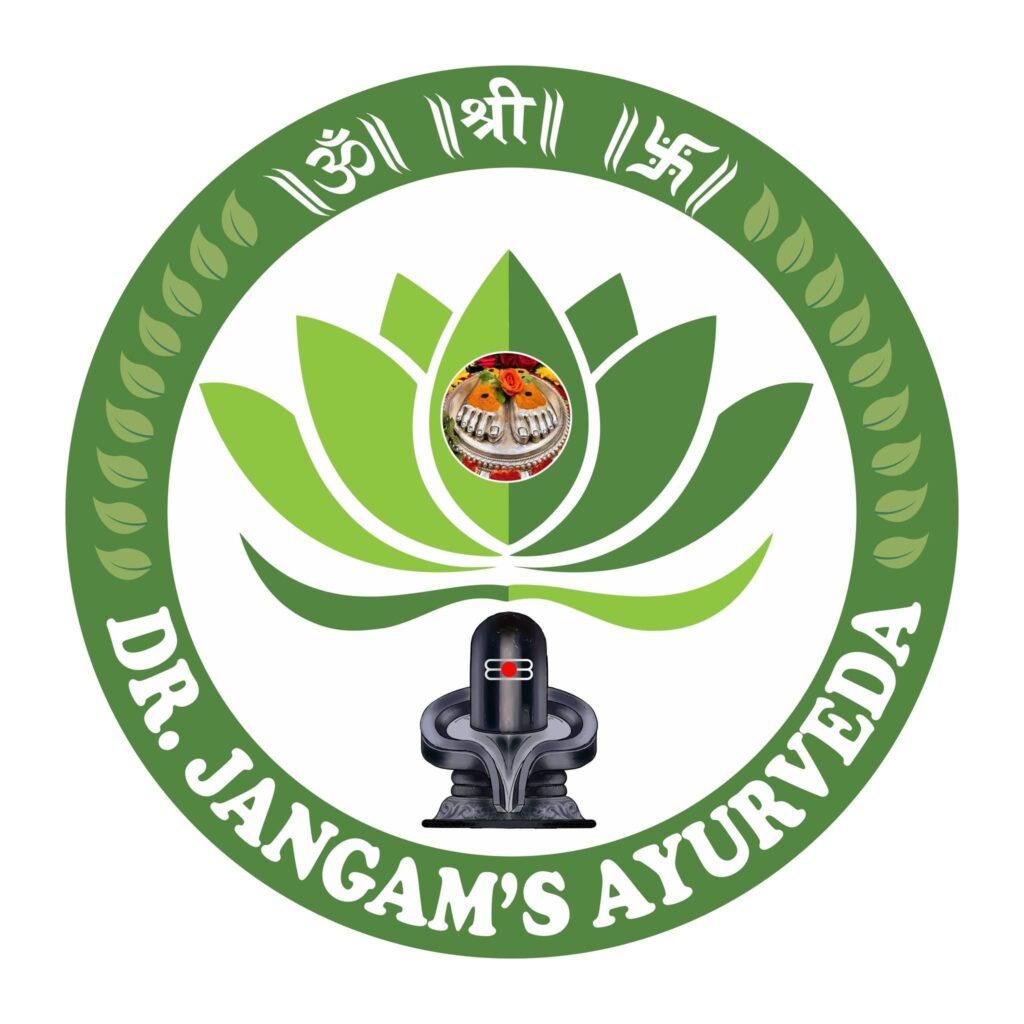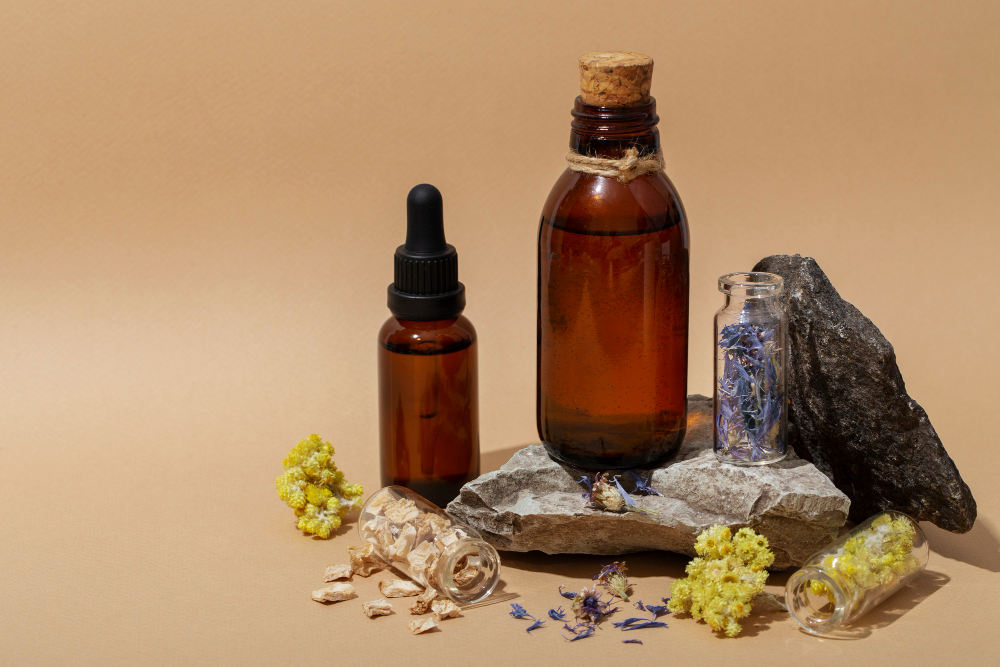Introduction
Piles, also called hemorrhoids, are swollen veins in the lower rectum or anus. Many people face this problem at some point in life. The Ayurvedic approach to piles offers natural remedies and lifestyle tips to help manage this condition. In fact, piles are common worldwide, affecting both men and women. Although piles can be uncomfortable, natural treatments may help ease symptoms and improve quality of life.
What are Piles?
Piles are swollen and inflamed veins in the rectum or anus. They can be internal (inside the rectum) or external (under the skin around the anus). Usually, piles cause pain, itching, and sometimes bleeding. While mild cases may go unnoticed, severe piles can cause discomfort during daily activities. Anyone can develop piles, but certain factors increase the risk.
Symptoms of Piles
Piles can show different symptoms. However, not everyone will have all of them. Common signs include:
Sometimes, symptoms may be mild and go away on their own. But if you notice bleeding or severe pain, it is important to seek help.
Causes and Risk Factors
Piles develop due to increased pressure in the lower rectum. Several factors can raise this pressure. For example, straining during bowel movements is a common cause. Other risk factors include:
Because these factors are common, piles can affect people of all ages.
Ayurvedic Perspective on Piles
Ayurveda, the ancient Indian system of medicine, views piles as “Arsha.” According to Ayurveda, piles develop due to an imbalance in the body’s three doshas: Vata, Pitta, and Kapha. Usually, poor digestion and unhealthy habits disturb these doshas. As a result, toxins build up in the body and weaken the veins around the anus. This leads to swelling and the formation of piles. Ayurveda also considers mental stress and lack of exercise as contributing factors.
Ayurvedic Diagnosis Methods
Ayurvedic practitioners use several methods to diagnose piles. First, they ask about your symptoms and lifestyle. Next, they check your pulse, tongue, and eyes to assess dosha balance. Sometimes, a gentle physical exam is done to check for swelling or lumps. In addition, they may ask about your digestion, bowel habits, and diet. This holistic approach helps find the root cause and plan the best treatment.
Ayurvedic Treatments for Piles
The Ayurvedic approach to piles focuses on natural remedies, herbal medicines, and lifestyle changes. Here are some common Ayurvedic piles treatments:
Because each person is different, treatments may vary. Therefore, it is best to consult a qualified Ayurvedic practitioner before starting any remedy.
Lifestyle and Dietary Guidance
Ayurveda recommends several lifestyle and diet changes to manage and prevent piles. For example, eating a high-fiber diet helps soften stools and reduces straining. Other tips include:
With these changes, you can support your digestive health and lower your risk of piles.
Prevention Tips
Preventing piles is possible with a few simple steps. Here are some Ayurvedic and general tips:
By following these tips, you can reduce your risk of developing piles and improve your overall well-being.
When to Seek Medical Help
Although natural remedies for piles can help, some cases need medical attention. You should see a doctor if you have:
Early treatment can prevent complications and help you recover faster.
Consult a qualified Ayurvedic practitioner for personalized advice on managing piles.

